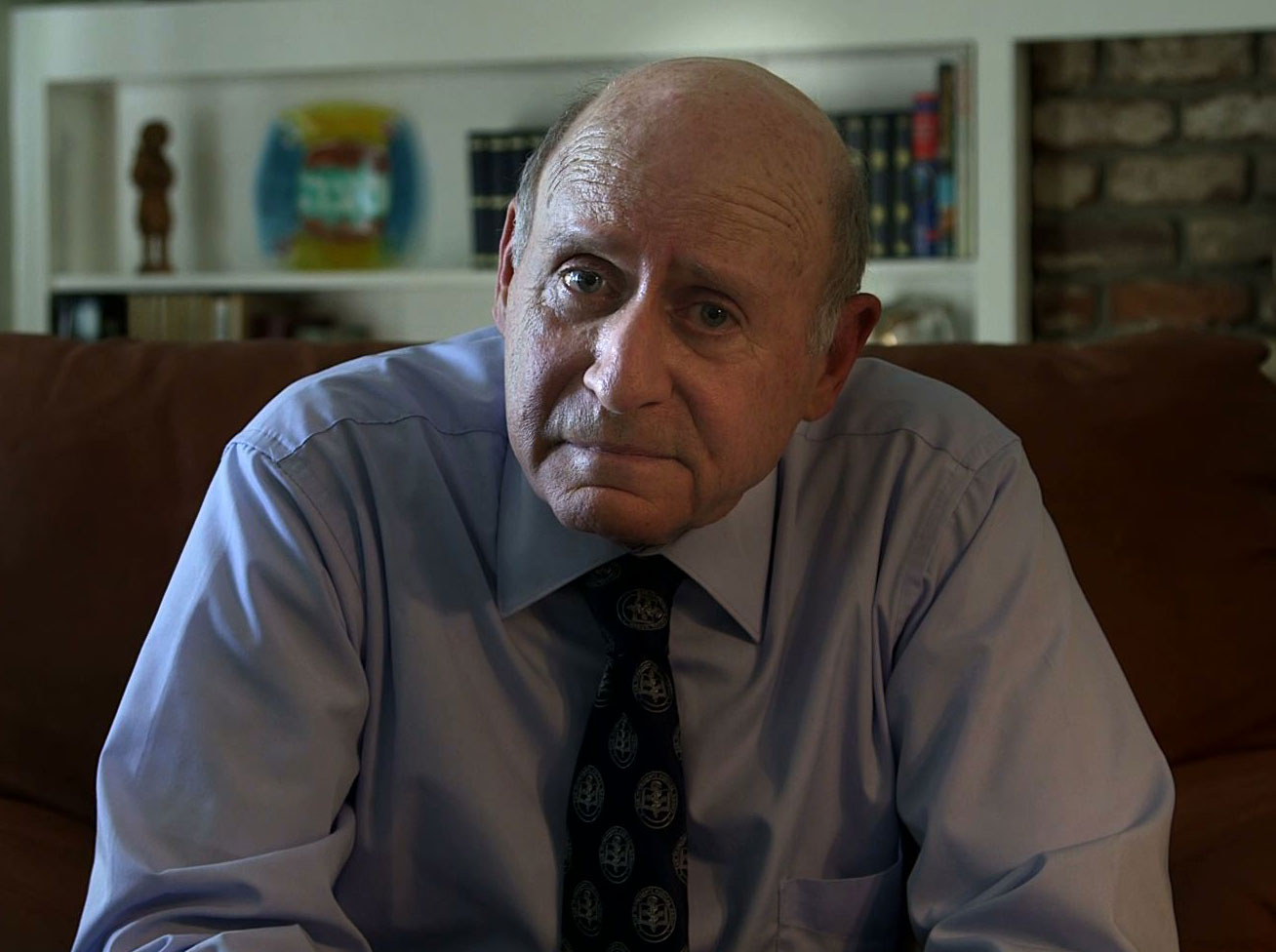ARTICLE
Communication skills for physicians : A Basic Skill of Medical Practice
Category: Genarel Health & Written by DoctorScott On January-02-2022 19:58:10Effective Communication skills for physicians between doctor and patient is very essential to clinical practice is a significant component of healthcare. When done well, such Communication skills for physicians can be therapeutic for the Patient, as confirmed through controlled trials. Hippocrates said that doctors might influence patients' health. Communication skills for physicians can effectively source motivation, reward, reassurance, and even support. Therefore the first time a patient visit is an important experience that could lead to the creation of or lead to the development of The relationship between the doctor and Patient may end with dissatisfaction over both sides and the search for alternative health care system provider. The medical exam goes far beyond capturing medical information to create a diagnosis. It is the basic block on which the doctor's relationship with the Patient is constructed. The interview is full of possibilities. Patients are encouraged to disclose details about themselves and for the doctor to be familiar with the person to make sure that The Patient transforms into a human being. The Patient is not only a medical problem or a situation. Communication skills for physicians involves sending a message between a recipient through different methods (written words, nonverbal cues, spoken words). We also employ the method to create, alter, and modify relationships. Developing advanced Communication skills for physicians should begin with a simple interaction. The ability to communicate can be honed every day with settings that range from the informal to the professional. The below are the main components of Communication skills for physicians that can be beneficial and lead to more efficient patient-physician encounters and more positive overall clinical results. eye contact: While either listening or speaking, eye contact is required. the doctor must look into the eyes of the other doctor. person or Patient to make the interaction more successful. Eye contact is a signal of interest. The Patient is encouraged to be curious about the doctor's return. Empathy is a fundamental ability that doctors must have developed to assist them in recognizing the indirect emotions of their expressed emotions of theirs. Once acknowledged, these feelings need to be acknowledged. and further discussed and further explored during the doctor-patient consultation encounter. Patients' satisfaction is likely to be improved by doctors who accept the expressed wishes of patients' emotions. The doctors who have this behavior tend to have They are viewed as insensitive by their patients. gestures: These are gestures using hands as well as face. Doctors should get the entire body to talk and Use smaller gestures for individual or smaller groups. Use smaller gestures for individuals and small. The gestures need to grow as the number of people in the group grows. it is dealing with the increase in size. Mixed messages: A physician should speak in words, facial expressions, gestures, and tone matches. Smiley-faced people are a sign of disdain. mixed messages message is ineffective and, therefore, not effective. If the doctor cannot deliver the message, it will be ineffective. is required to convey an unpleasant message, say his remarks, the facial expressions, tone and even the tone, to match the message. Body language can convey more than A mouthful of language. A relaxed stance and arms at ease At the doctors' sides, he informs everyone at the doctors' side and tells anyone around him that he is friendly and willing to hear what they have to say. say. Sometimes the communication process can be stopped before it happens. Starts with body language. An appropriate posture and an approachable stance can make even difficult conversations more fluid. be fluent in speaking The doctor should be able to pronounce the words properly and use the correct words and refrain from interrupting or speaking over another person; it disrupts the flow of conversation. listening skills: Not only the doctor needs to be able To speak effectively, but he also has to listen to others the words of a person and engage in conversation through What else the person is talking about. Get feedback from the desire Patient to make sure that the Patient was properly understood and properly understood the conversation instructions. The way a doctor communicates the information a patient receives is just as important information being communicated. Patients who know how doctors can be more likely to Accept health problems, know the causes, and accept Treatment options, alter their behavior to suit, and adhere to their prescribed medication schedules. Research has demonstrated that effective physician-patient relationships are possible. Communication skills for physicians can enhance patients' health as Quantifiably, as many drugs--perhaps offering the same effect. Partially to explain the potent placebo effect that is seen in clinical studies. More patient-centric The encounter leads to better patient and doctor satisfaction. Satisfied patients are less likely to stay formal complaints or start formal complaints or initiate. Satisfied patients They are beneficial for doctors by providing more job satisfaction, lower stress from work, and less burnout. Communication skills for physicians are based on design and substance. Certain, each doctor must create their unique way of communicating. At the same time, many academic and professional associations have recently The same document also identified the essential elements of Communication skills for physicians required by physicians. For instance, the Accreditation Council of Graduate Medical The following five important skills that doctors need to learn to communicate effectively: 1.) listening efficiently 2) listening with a clear mind) effectively eliciting information questioning skills 3) providing information using effective explanatory Skills abilities) counseling and educating patients 5) being informed choices based on patients' information and personal preferences. These skills aren't fully developed upon graduation from medical school. school or the completion of a medical residency. Strengthening one's The development of communication skills takes time and continuous training. Based on new research about the importance of effective Communication, Postgraduate and medical students are receiving more instructions about listening techniques to, explaining, posing questions, and counseling. motivating. These techniques are essential to providing complete and effective specific health prescriptions for patients customized health prescriptions; a 65percent of medical schools provide instruction in Communication capabilities. The training in Communication between doctors and patients is now being evaluated objectively as a key competency across a variety of accreditation standards, including accreditation settings, including Comprehensive Osteopathic Medical Licensing Examination--USA--Performance Evaluation, the United States Medical Licensing Examination, and the American Board of Medical Specialties' certification. The formal training program has been designed to improve and evaluate specific Communication, particularly Communication. A lot of these efforts are focused on medical schools and the postgraduate years, and, consequently, they remain a bit isolated from academic environments. This means that the Communication skills for physicians are not as effective for students. the busy physician can be poorly trained, and there is a need for established doctors to improve their Communication. Until recently, in developing countries and Bangladesh, Postgraduate or undergraduate training is given very little attention to the need for doctors to communicate with patients effectively. Fortunately, in the past few years, Bangladesh Medical and Dental Council in the last few years has Included training on Communication skills for physicians as part of the internship program schedule. We hope that this training could prove efficient to Improve Communication between our doctors and their patients. In the end, the anticipated effects will be greater health outcomes, better compliance of therapeutic regimens among patients, patients with higher levels of compliance, and the clinician's satisfaction and a reduction in risk of malpractice. Each medical professional must be educated in the fundamentals of Communication skills for physicians. Because there aren't all doctors born with the highest level of communications skills because they are different in their natural abilities. They instead can comprehend the concept of good doctor-patient communications, be able to and apply these skills and be able to alter their communication style can be used if there is enough motivation and incentive Self-awareness, self-monitoring and training. Communication skills for physicians training has been shown to enhance doctor-patient Communication. Some have suggested the need for medical school to extend beyond the basics of training to increase the responsiveness of doctors to the unique needs of patients. experience. Thus, whether you have a successful education in Communication or not, it is always expected to have a great doctor-patient relationship that can improve satisfaction with work and increase confidence in the self-esteem of patients, as well as motivation, and positive outlook on their health and can affect their overall health outcomes.
Comments

Categories
Recent Posts

Doctor communication or Effective Patient�Physician Communication
January-31-2022 17:27:57

For doctors using telemedicine, virtual bedside manner is crucial
January-29-2022 17:27:57
Developing Good Bedside Manner: 9 Tips for Doctors
January-25-2022 19:07:14

Physician Wellness and Physician Identity Are Inextricably Linked
January-20-2022 11:34:29

Physician Burnout: Signs & How to Prevent it
January-16-2022 22:19:35